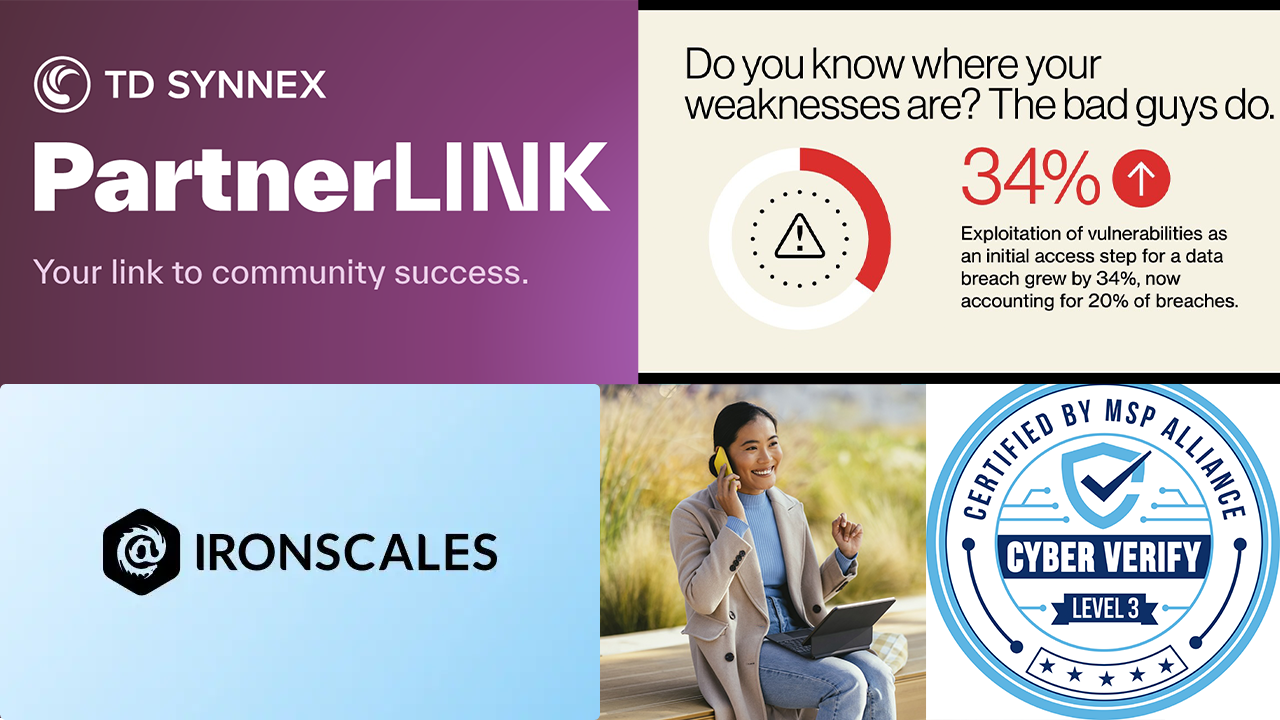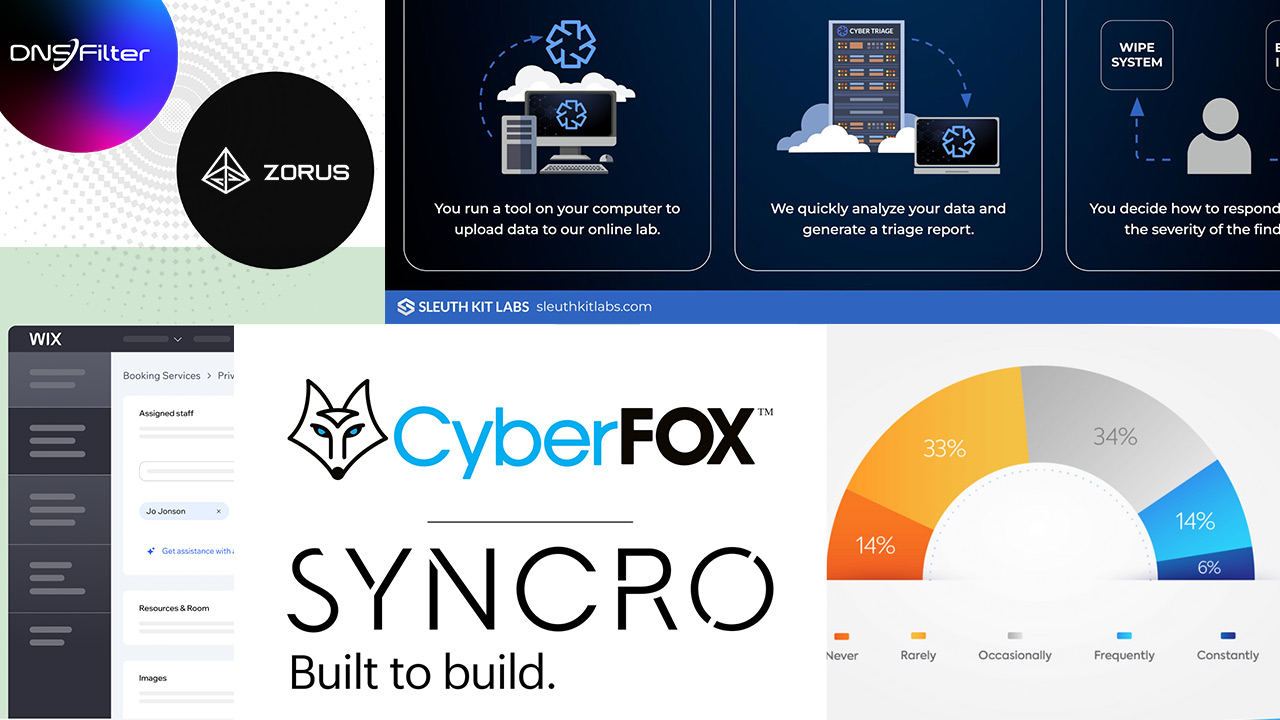Intel impresses the supercomputing crowd with its Knight’s Corner co-processor with impressive results and an AMD exec explains how HPC drives innovation that trickles down to—you guessed it—VARs and their SMB clients.
The Supercomputing 2011 conference (SC11), an international gathering of the high-performance computing (HPC) community, was held November 12-18, 2011 in the Washington State Convention Center in Seattle. More than 11,000 attendees and over 500 exhibitors packed the space, making for a hectic yet energetic event.
The high point of the conference was seeing a private demonstration of Intel’s new Knight’s Corner co-processor running a double-precision software test at more than one teraflop, or one trillion floating-point operations per second. The first computer to reach that mark, ASCI Red in 1997, required 9,298 Intel Xeon Pentium II chips in 72 racks. The demonstration used two Sandy Bridge general purpose CPUs and one Knight’s Corner co-processor in a test system about the size of one 4U server.
While few resellers play in the supercomputer world, this conference illustrates the technical “trickle down” theory. We sat down with executives from AMD, HP, and Intel during the show to ask what advice and tools they have for resellers.
Margaret Lewis, director, Software Planning Server Division for AMD, says pointedly that “[people in] the high performance computing community are early adopters for the server community. They drive innovation that trickles down to mainstream applications, including many advantages for small and medium businesses.”
AMD announced general availability of its new Opteron 6200 and 4200 multicore processors. The 6200, code named Interlagos, has 16 cores with large amounts of memory and bandwidth. The 4200, code named Valencia, has 8 cores and supports less memory, but provides wide bandwidth with lower power usage. “These chips support virtualization, databases, and cloud hosting,” says Lewis.
Lewis suggests resellers call on all Web and application hosters in their area. “Those are the companies that are expanding and buying more servers,” she says.
Glenn Keels, director of marketing for the hyperscale business unit at HP, says the company has AMD’s Opteron 6200 in five servers available today. “You can get incredible density per server,” says Keels. “Thirty-two cores in two sockets with up to one terabyte of memory. You can load 2,000 cores in a single rack now.”
Lisa Graff, vice president of Intel’s architecture group and general manager of the company’s Enterprise Platforms and Services Division, outlined the upcoming Sandy Bridge family of CPUs for servers, now labeled the Xeon E5 family. Graff unveiled several new motherboard families to support the new Xeon E5, including S2600JP and S2600WP, two half-width boards for blade server clusters used by supercomputing vendors. Full-size boards include the S2600CO, S2600CP, S2600CR, S2600IP, and S2600GZ, or Grizzly Pass. The last board supports the maximum amount of memory for the new motherboard families.
In a private interview, Graff said that 80 percent of this year’s server market is Xeon processor-based. “We see big growth for clouds, public and private, and data centers for our new server and processor lines. We have three times more motherboards and servers to fill the gaps in our product line. We have the strongest lineup we’ve ever had, and we’ve upped our extended warranties from three to five years.”
The award for the top supercomputer in the world went to the RIKEN Advanced Institute for Computational Science, in Japan. Built by Fujitsu, the K Computer runs at 10.51 petaflops (a thousand trillion floating-point operations per second) using 705,024 SPARC64 processors.












